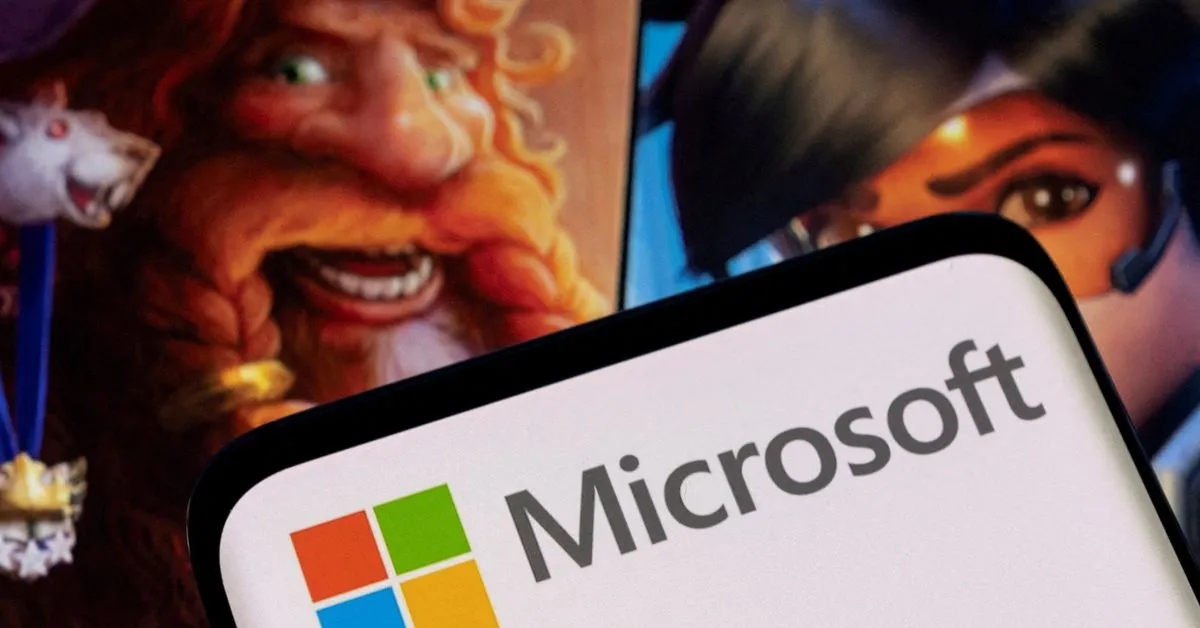Microsoft closes $69 billion Activision Blizzard deal after Britain's nod
Microsoft closes $69 billion Activision Blizzard deal after Britain's nod

www.reuters.com
Microsoft closes $69 billion Activision Blizzard deal after Britain's nod

Microsoft closes $69 billion Activision Blizzard deal after Britain's nod

Microsoft closes $69 billion Activision Blizzard deal after Britain's nod
